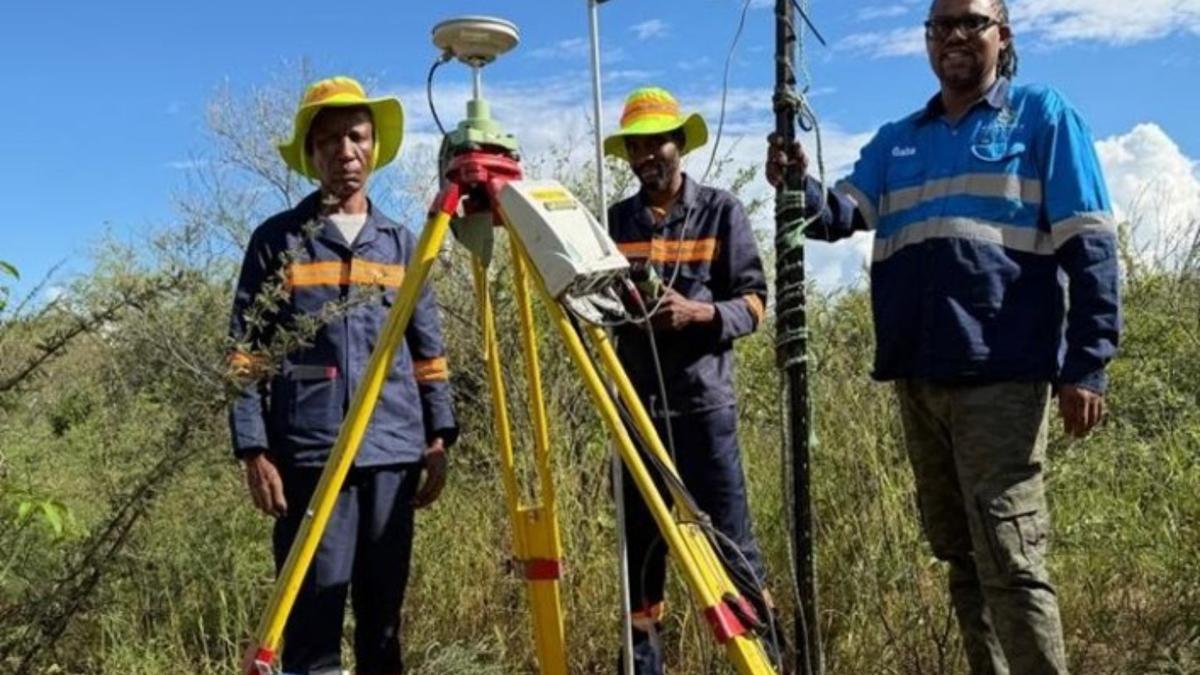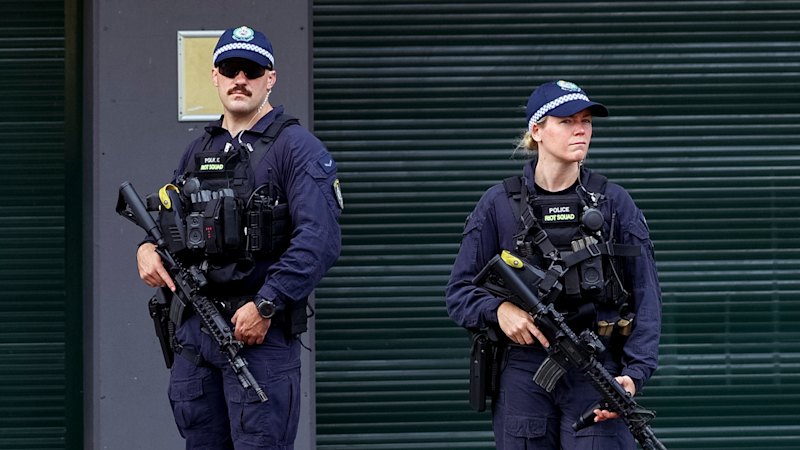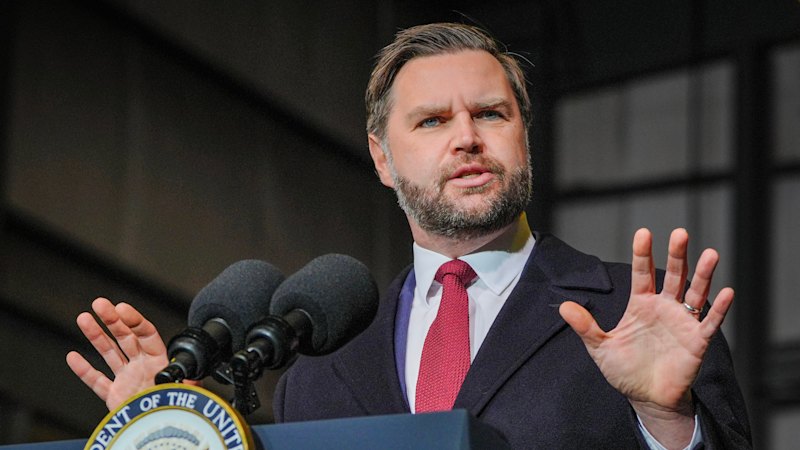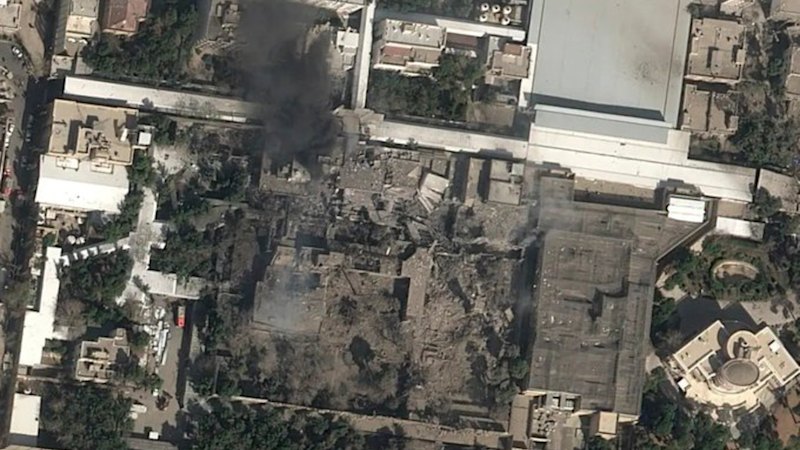
A senior member of the Liberal Party has publicly criticized Prime Minister Anthony Albanese over his recent handling of Australia’s position on Palestine. The MP argues that Albanese should have consulted the opposition before making significant pledges regarding the Middle Eastern conflict. This critique highlights ongoing tensions within Australian politics concerning international relations.
In a statement made on September 29, 2023, the Liberal frontbencher expressed concerns that the Prime Minister’s approach to the Israel-Palestine situation lacks appropriate consultation and unity. The MP emphasized that collaborative discussions with opposition leaders could lead to a more balanced and effective policy.
The Liberal MP outlined what he believes to be a “sensible” alternative approach to the issue. He advocates for a more diplomatic stance that prioritizes dialogue and negotiation, rather than unilateral commitments. This perspective resonates with some constituents who feel that a united front is essential in addressing complex international matters.
The criticism comes at a time when the Australian government is under scrutiny for its foreign policy decisions. The Liberal Party has historically taken a strong stand on international issues, and internal debates are intensifying as the country navigates its role on the global stage. The MP’s comments reflect a broader concern within the party regarding the government’s handling of sensitive geopolitical matters.
In response to the MP’s statements, a spokesperson for Albanese asserted that the Prime Minister remains committed to a fair resolution to the Israel-Palestine conflict. The spokesperson emphasized the importance of Australia playing a proactive role in promoting peace and stability in the region.
Political analysts note that the dynamics within the Australian parliament are shifting, with increasing calls for collaboration across party lines. The Liberal MP’s critique may signal a growing desire among some legislators to foster cooperation on foreign policy issues, particularly those that impact Australia’s global reputation.
As debates continue, the Australian public remains engaged with the issue, reflecting the significance of international relations in domestic politics. The unfolding situation serves as a reminder of the intricate balance required in addressing foreign policy challenges, especially those involving longstanding conflicts.
In conclusion, the criticism from the senior Liberal MP underscores the complexities of Australian politics as it relates to international issues. The call for a more collaborative approach indicates that discussions around foreign policy will likely continue to evolve in the coming months.







